Boost Your Energy Levels: Expert Nutrition Tips
Understand Your Macronutrients
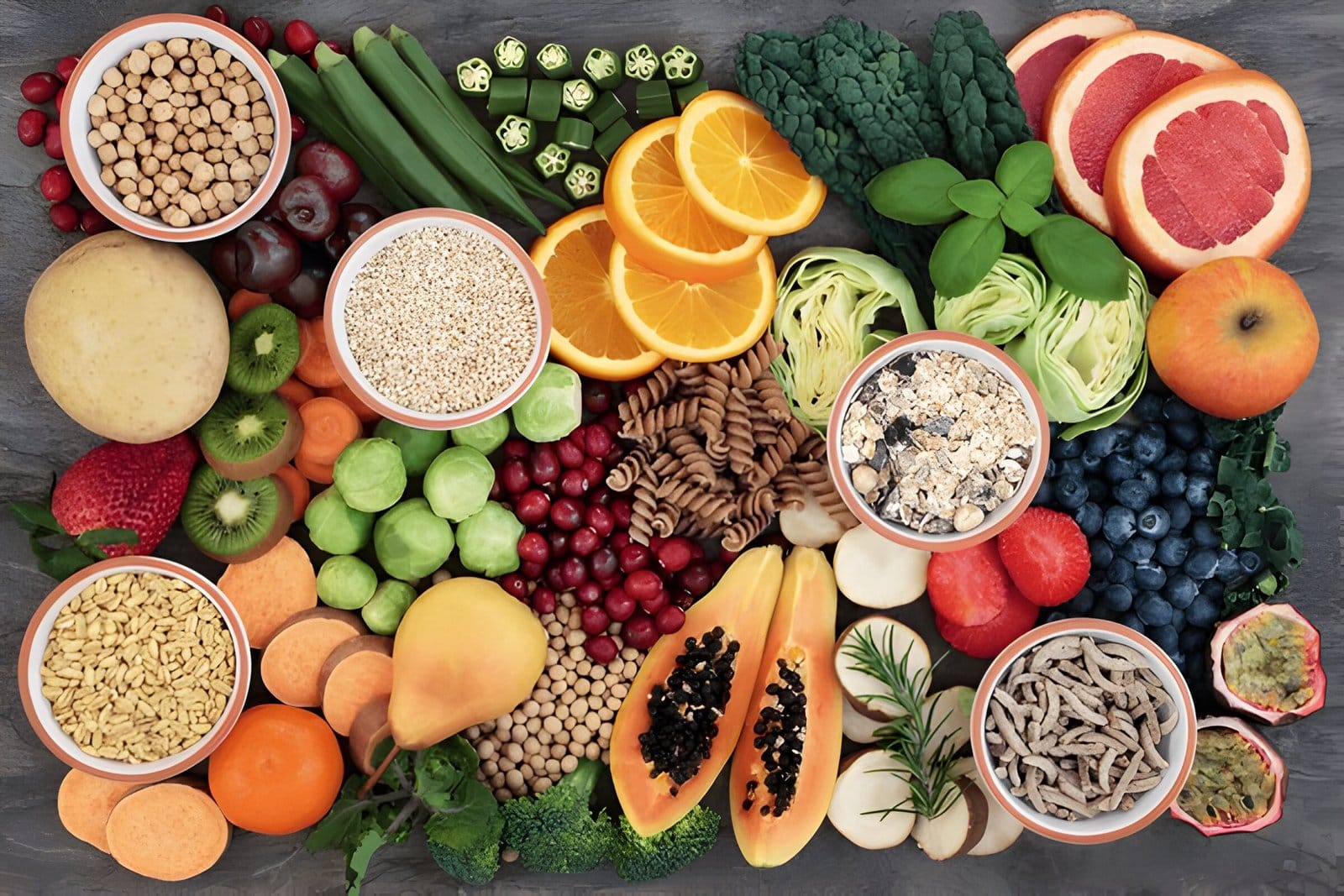
Macronutrients
Carbohydrates: The Quintessential Energy Source
- Complex Carbs: Aim to integrate whole grains like oats, brown rice, and quinoa into your meals. Their gradual digestion ensures a stable release of energy.
- Fiber-Rich Foods: Embrace fruits and vegetables to keep your digestive system running smoothly and prevent energy spikes and drops.
Proteins: The Building Blocks of Resilience
- Lean Proteins: Including sources such as chicken, turkey, and legumes can promote satiety, reducing the need for constant refueling.
- Plant-Based Options: Tofu, lentils, and chickpeas provide energy-boosting amino acids and are heart-friendly.
Fats: The Misunderstood Nutrient
- Monounsaturated and Polyunsaturated Fats: Nuts, seeds, avocados, and fish are your allies for sustained energy, offering a plethora of health benefits.
Delve into Micronutrients and Hydration
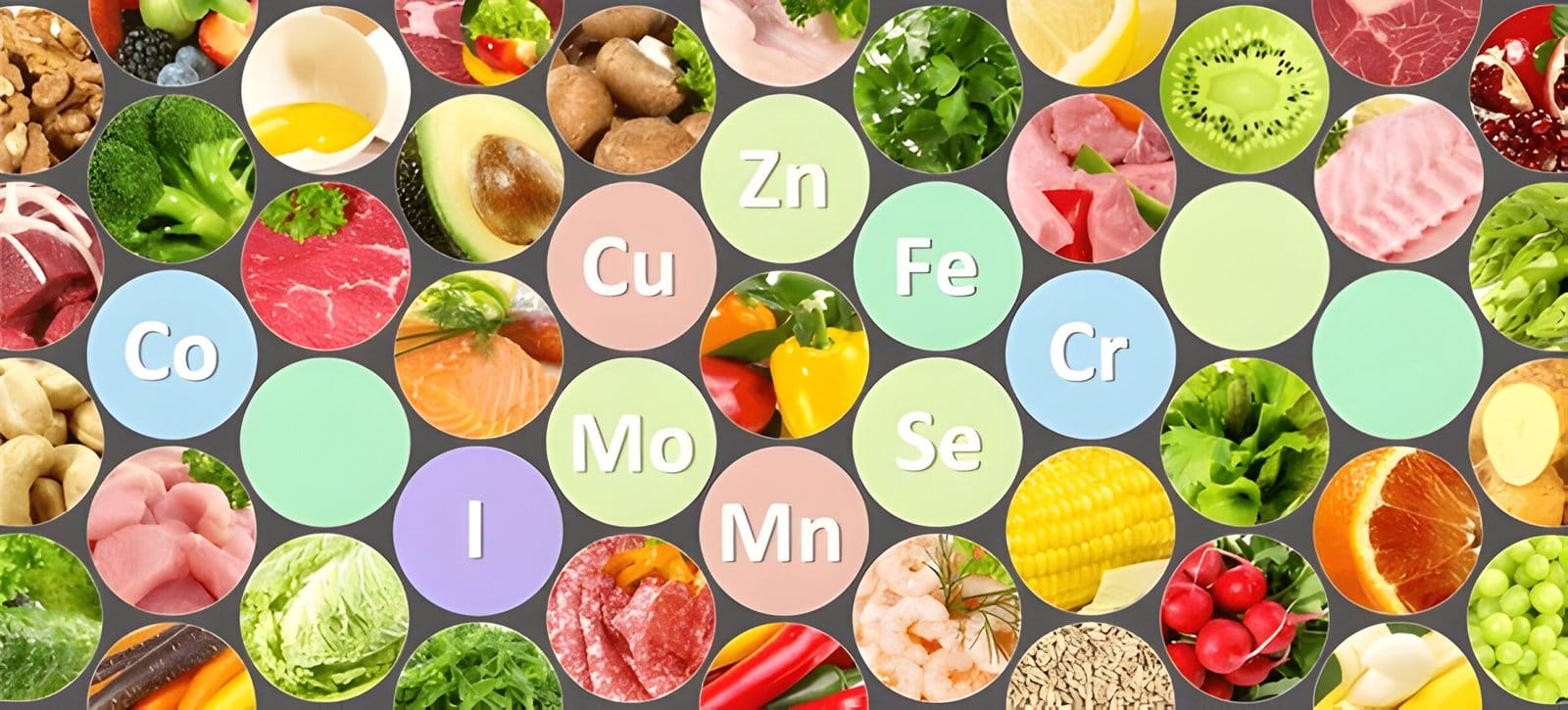
Vitamins
Vitamins and Minerals: The Invisible Catalysts
- Iron: An iron-rich diet prevents anemia, a common cause of fatigue. Incorporate fortified cereals, red meat, or spinach.
- B-Vitamins: They are particularly crucial for energy metabolism. Obtain them from whole grains, dairy products, and leafy greens.
Hydration: The Understated Elixir of Energy
- Water: It’s fundamental to consume adequate water throughout the day to avoid the draining effects of dehydration.
- Electrolytes: During intense activities, replenishing with drinks containing sodium and potassium is imperative for maintaining energy.
Timing Your Meals and Snacks for Optimal Energy
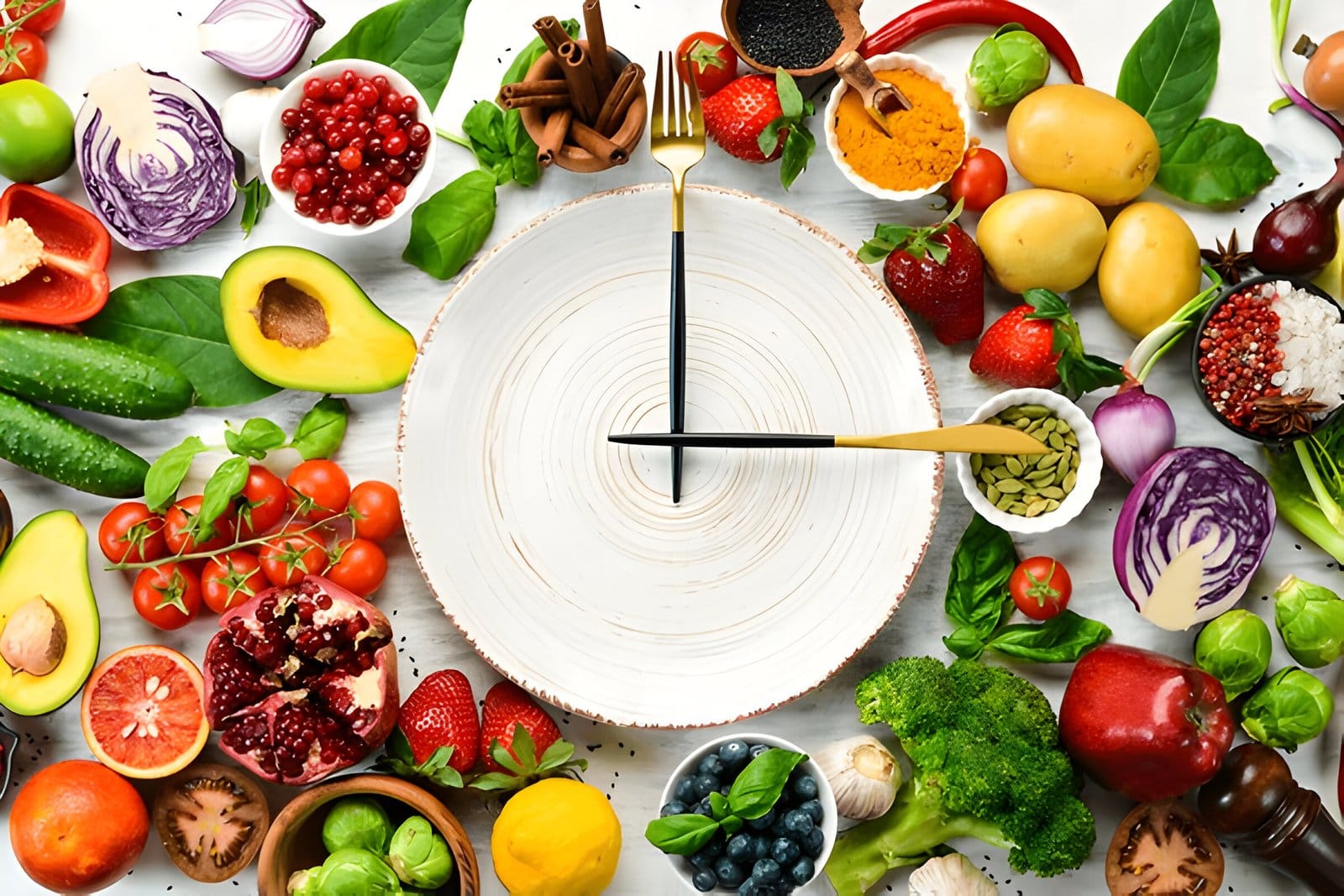
Timing Your Meals and Snacks
Consistent Meal Patterns: Synchronize Your Dietary Clock
- Regular Intervals: Eating at regular times aids your body in sustaining a constant energy reservoir.
- Balanced Breakfast: A morning meal with a mix of protein, fat, and carbohydrates can set a positive pace for the day.
Strategic Snacking: Fueling on the Fly
- Healthy Snacks: Choose snacks like Greek yogurt, nuts, or a piece of fruit to bridge the gaps between meals without energy crashes.
Specialized Diets and Their Energy Impact

Specialized Diets
Mediterranean Diet: A Model of Nutritional Balance
- Diverse and Natural: Embrace an array of plant-based foods, healthy fats, and lean proteins, following this region’s dietary pattern for a natural energy boost.
Ketogenic Diet: The High-Fat Energy Paradox
- Fat for Fuel: By drastically reducing carbs and focusing on fats, the body enters ketosis, burning fat for energy, which may increase alertness and focus for some.
Plant-Based Diet: Harness the Power of Plants
- Whole Foods: Lean on fruits, vegetables, nuts, and whole grains to provide a constant, clean energy source with minimal environmental impact.
The Role of Supplements in Energy Management

dietary supplements
Smart Supplementation: Enhancing Your Diet Strategically
- Consult a Professional: Before adding supplements to your regimen, seek guidance from a healthcare provider to address your specific needs.
Common Energy-Boosting Supplements:
- Caffeine: It can offer a temporary energy boost but should be used in moderation.
- Vitamin D: Often lacking in modern diets, supplementing can aid energy levels, especially in regions with limited sunlight.
Mindful Eating: Connecting Nutrition and Awareness
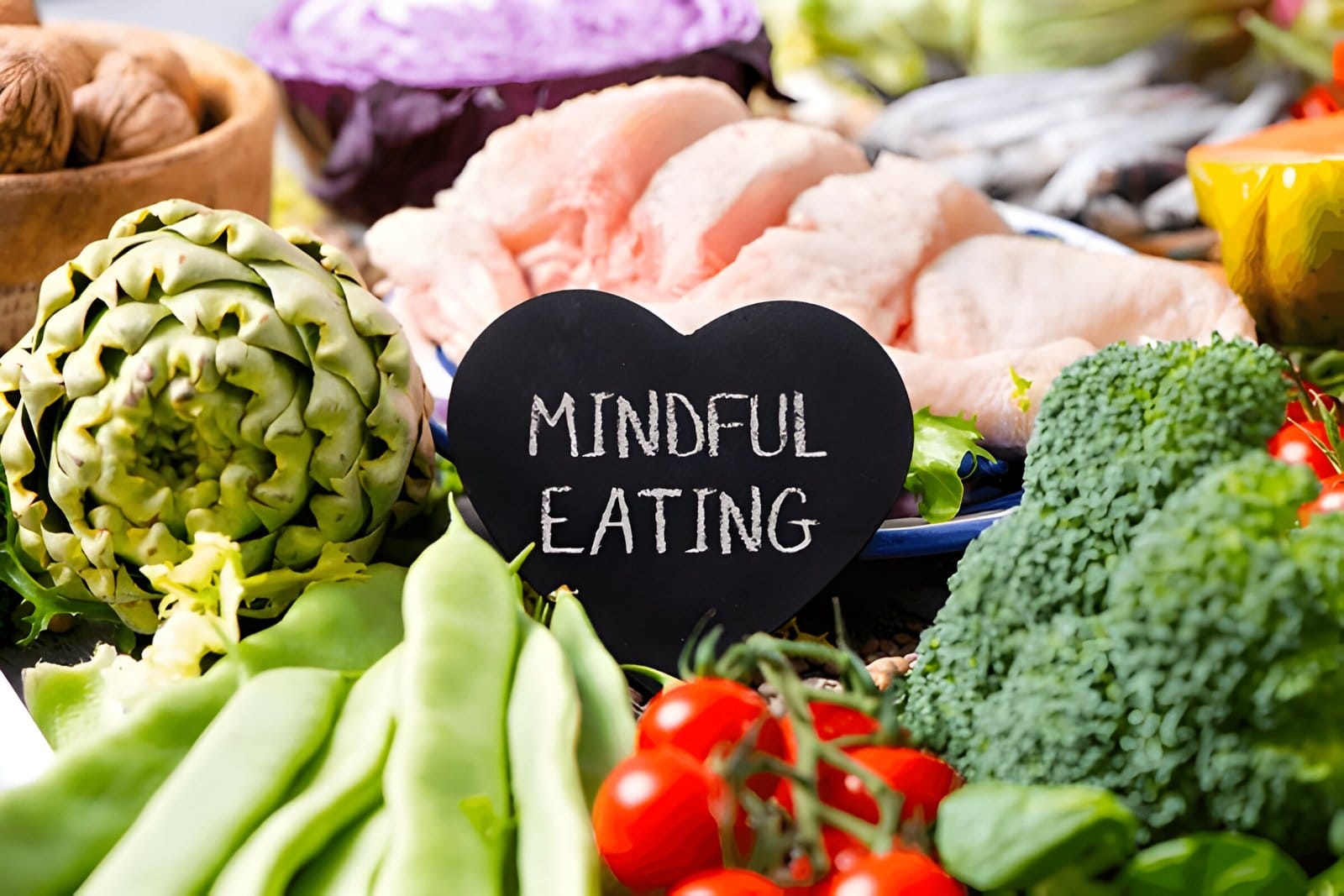
Mindful Eating
Attentive Consumption: The Philosophy of Eating With Purpose
- Listen to Your Body: Understanding hunger cues and satiety signals can prevent overeating and the lethargy that follows.
- Mindfulness Practices: Eating slowly and savoring your food can lead to better digestion and more consistent energy.
Dietary Patterns for Long-Term Vitality
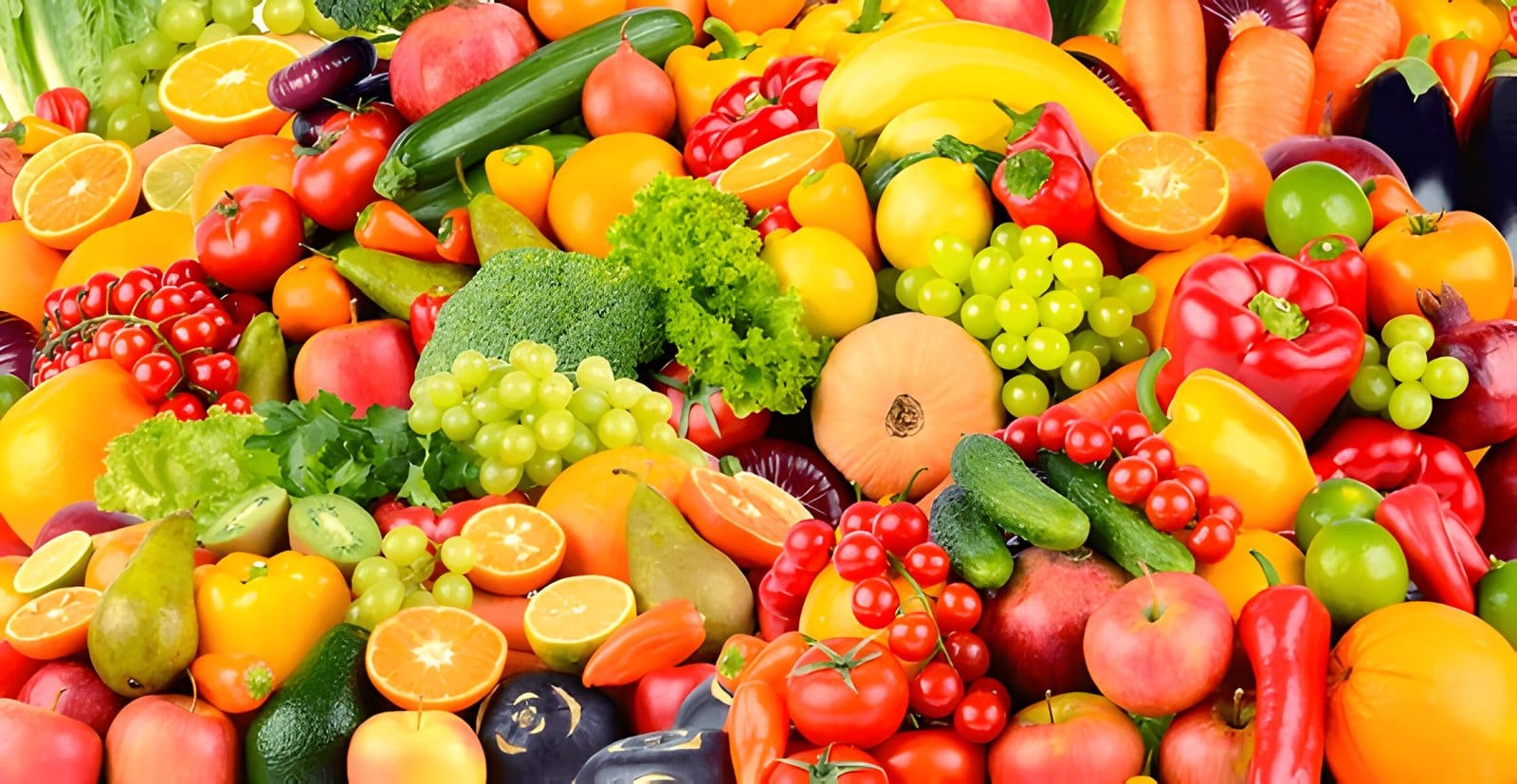
Dietary Patterns
Seasonal and Local Eating: Aligning with Nature’s Rhythm
- Farm to Table: Seasonal produce not only tastes fresher but also often contains more nutrients, contributing to an energy-efficient diet.
Sustainable Approaches: Nourishing Yourself and the Planet
- Ethical Choices: Select foods that are not only health-promoting but also sustainable, reducing the environmental toll, thus contributing to collective energy conservation.
Conclusion: Crafting Your Personal Energy Blueprint
Every individual’s biology is distinct, and thus, there is no universal prescription for the perfect energy-boosting diet. The intricate interplay between our genetic makeup, lifestyle, and the nutrients we ingest is complex. By embracing these expert nutritional guidelines and adjusting them to your unique circumstances, you can engineer a diet that not only invigorates and sustains you through the ebb and flow of daily pressures but also contributes to a resilient, vigorous life.
embark on this journey with mindful, informed choices, and let your nutrition be the wellspring from which sustainable energy flows.

